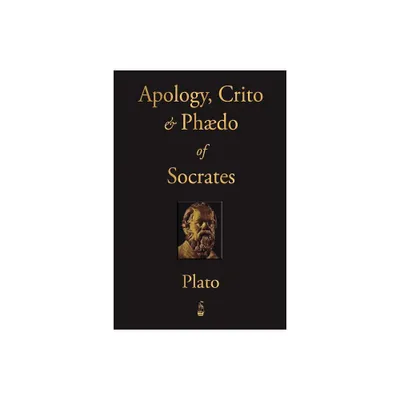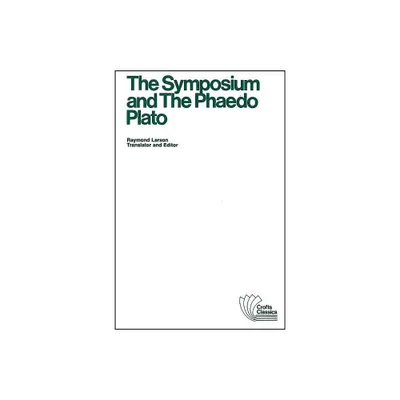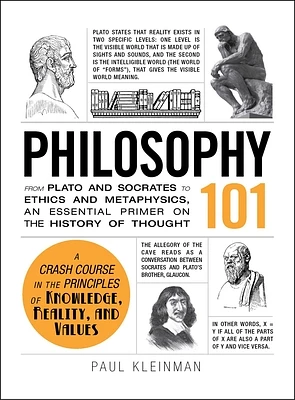Home
Without The Least Tremor: Sacrifice of Socrates Plato's Phaedo
Loading Inventory...
Barnes and Noble
Without The Least Tremor: Sacrifice of Socrates Plato's Phaedo
Current price: $99.00


Barnes and Noble
Without The Least Tremor: Sacrifice of Socrates Plato's Phaedo
Current price: $99.00
Loading Inventory...
Size: Hardcover
*Product Information may vary - to confirm product availability, pricing, and additional information please contact Barnes and Noble
In
Without the Least Tremor
, M. Ross Romero considers the death of Socrates as a sacrificial act rather than an execution, and analyzes the implications of such an understanding for the meaning of the
Phaedo
. Plato's recounting of Socrates's death fits many of the conventions of ancient Greek sacrificial ritual. Among these are the bath, the procession, Socrates's appearance as a bull, the libation, the offering of a rooster to Asclepius, the treatment of Socrates's body and corpse, and Phaedo's memorialization of Socrates. Yet in a powerful moment, Socrates's death deviates from a sacrifice as he drinks the
pharmakon
"without the least tremor." Developing the themes of suffering and wisdom as they connect to this scene, Romero demonstrates how the embodied Socrates is setting forth an
eikôn
of the death of the philosopher. Drawing on comparisons with tragedy and comedy, he argues that Socrates's death is more fittingly described as self-sacrifice than merely an execution or suicide. After considering the implications of these themes for the soul's immortality and its relationship to the body, the book concludes with an exploration of the place of sacrifice within ethical life.
Without the Least Tremor
, M. Ross Romero considers the death of Socrates as a sacrificial act rather than an execution, and analyzes the implications of such an understanding for the meaning of the
Phaedo
. Plato's recounting of Socrates's death fits many of the conventions of ancient Greek sacrificial ritual. Among these are the bath, the procession, Socrates's appearance as a bull, the libation, the offering of a rooster to Asclepius, the treatment of Socrates's body and corpse, and Phaedo's memorialization of Socrates. Yet in a powerful moment, Socrates's death deviates from a sacrifice as he drinks the
pharmakon
"without the least tremor." Developing the themes of suffering and wisdom as they connect to this scene, Romero demonstrates how the embodied Socrates is setting forth an
eikôn
of the death of the philosopher. Drawing on comparisons with tragedy and comedy, he argues that Socrates's death is more fittingly described as self-sacrifice than merely an execution or suicide. After considering the implications of these themes for the soul's immortality and its relationship to the body, the book concludes with an exploration of the place of sacrifice within ethical life.


















